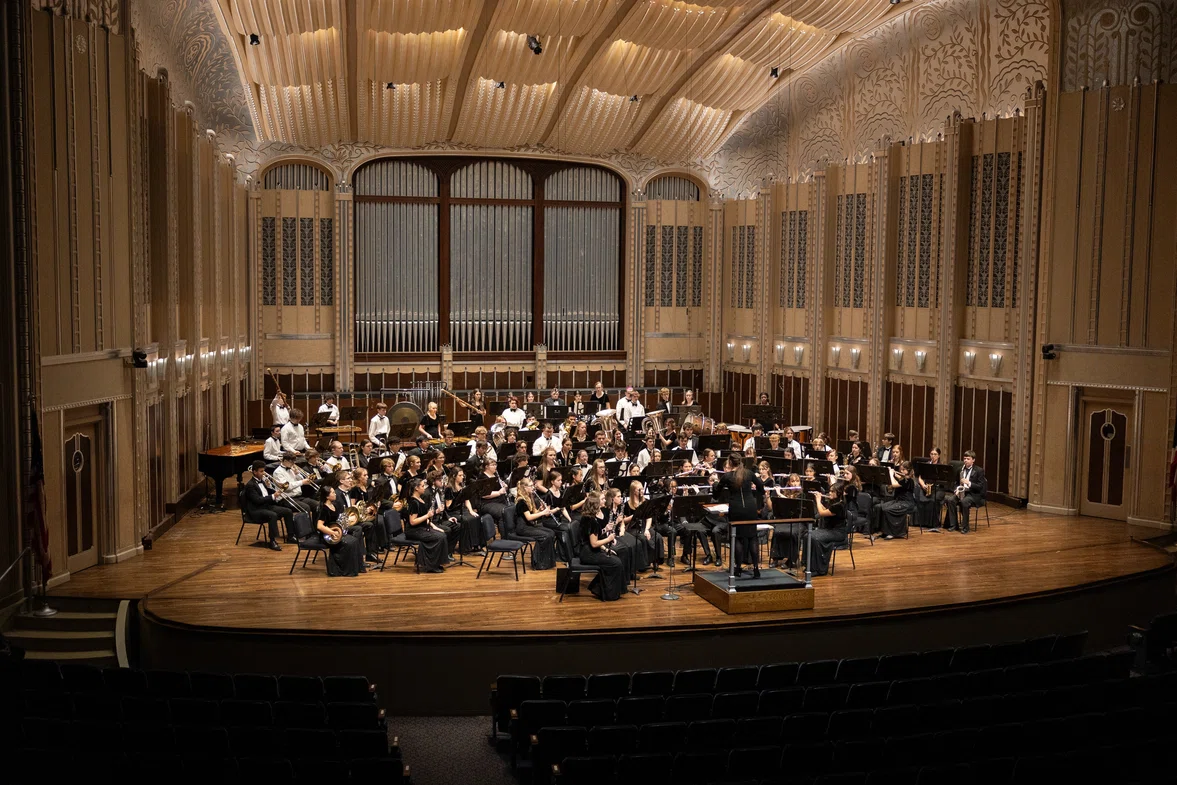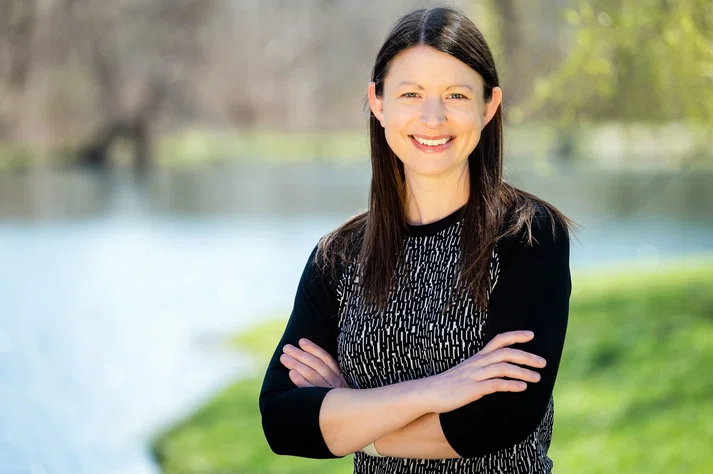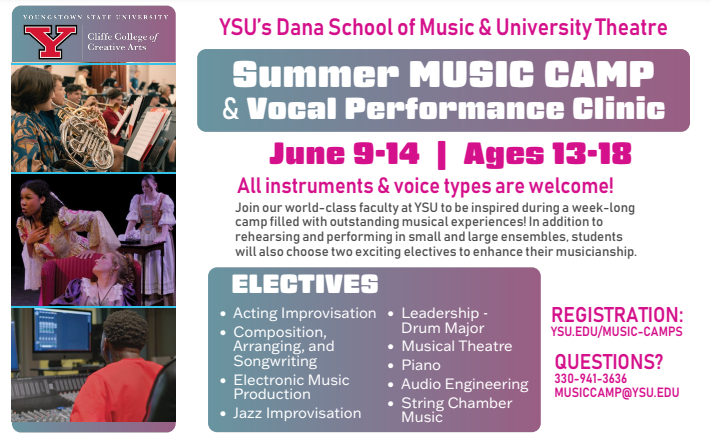©2023 Ohio Music Education Association



Committee Updates
Advocacy Committee Empowering Music Education
Advocacy Committee Empowering Music Education
Ohio Music Education Association Advocacy Committee's Commitment to Excellence for All Students

The newly formed OMEA Advocacy Committee recently met at the Professional Development Conference in Columbus, marking a significant step forward in their mission to champion the cause of music education across the state. We were fortunate to have NAfME State Advocacy Engagement Manager, Jazzmone Sutton, present at the State Board meetings. She brought a wealth of information and insight on the importance of advocacy.

This dedicated committee, comprised of passionate professionals, met to strategize and discuss various key initiatives aimed at enhancing the overall music education experience for students, educators, and communities.
Danielle Shaub – Advocacy Chair
Aaron Backes, Courtney Boswell, Whitney Cope, Ben Factor, Kevin Dengel, Ed Duling, Montana Fassnacht, Stephen Fassnacht, Kate Ferguson, Paul Glader, Tim Hoagland, Emily Kelley, Devra Levine, Christin McClain, Alissa Mujanovic, John Rodesh, Debi Schutt, Ronda Stammen, Emily Talley, Kevin Walters, Laura Wiedenfeld, and David Wood.
The OMEA Advocacy Committee has organized itself into several sub-groups, each focusing on a specific aspect crucial to the advancement of music education in Ohio.
Administration:
The Administration sub-group will delve into the administrative facets of music education, addressing issues related to school policies, curriculum development, and faculty support. By fostering communication between administrators and music educators, this group aims to create an environment conducive to the growth of music programs.
Educating Parents, Administration, Community:
This sub-group recognizes the importance of engaging parents, administrators, and the broader community in supporting music education. Their initiatives include how to host informative board meetings and to create newsletters that showcase the impact of music programs on students and the community.
Social Media:
In the age of digital communication, the Social Media sub-group will focus on leveraging online platforms to advocate for music education. Through strategic online campaigns, they aim to raise awareness and support for the cause.
School Funding:
Addressing the perennial challenge of funding, this sub-group will work towards finding sustainable solutions to secure financial support for music programs. By collaborating with policymakers and educators, they seek to ensure that every student has access to a comprehensive music education.
Support Group:
This sub-group will extend its assistance to districts facing potential cuts in their music programs. By providing resources, guidance, and advocacy, they strive to safeguard the continuity of music education in schools.
Purposeful Partnerships:
Recognizing the significance of collaborative efforts, the Purposeful Partnerships sub-group will explore opportunities to build meaningful alliances with parents, the music industry, and other stakeholders. Such partnerships aim to create a more robust support system for music education.
Strategies:
Catering to both novice and experienced educators, the Strategies sub-group will focus on developing effective teaching methodologies. By sharing best practices and offering mentorship, they contribute to the professional growth of music educators.
Inclusion of Students:
This sub-group will emphasize creating an inclusive environment in music education. Their initiatives aim to address diversity, equity, and inclusion, ensuring that every student has the opportunity to participate and excel in music programs.
School-size:
Recognizing the unique challenges faced by schools of different sizes (rural, suburban, urban), this sub-group will tailor strategies and advocacy efforts to meet the specific needs of each setting.
Ohio Arts Data Project:
This sub-committee plays a crucial role in collecting and analyzing data related to the state of arts education in Ohio. By utilizing this information, they work towards implementing evidence-based policies that strengthen music education statewide.
The OMEA Advocacy Committee's commitment to excellence in music education is evident through the diverse and targeted efforts of its sub-groups. By addressing various facets of music education and engaging with stakeholders at different levels, the committee aims to create a thriving environment that nurtures the musical talents of Ohio's students. Through collaboration, advocacy, and strategic initiatives, the committee aims to ensure that music education continues to flourish across the state.
If you have any questions about the OMEA Advocacy Committee, please reach out to the Advocacy Chair, Danielle Shaub, at shaubdanielle@lakelocal.org



